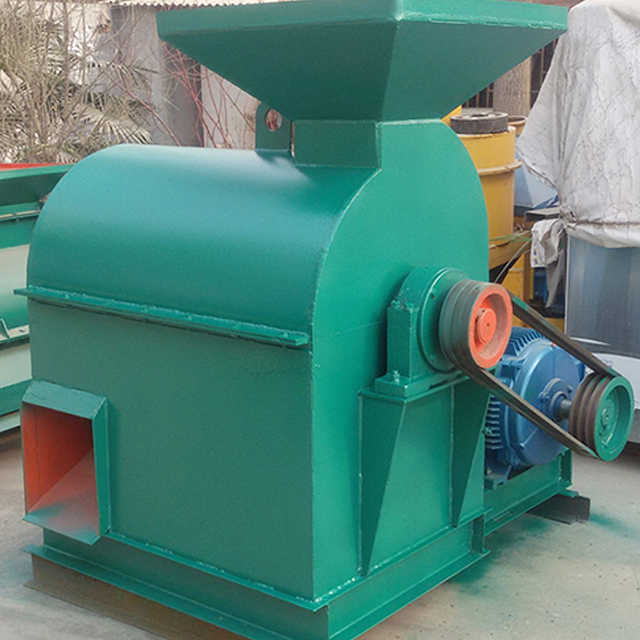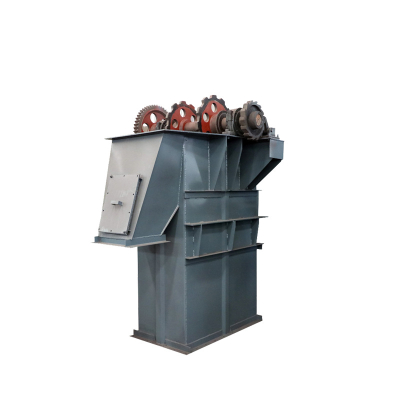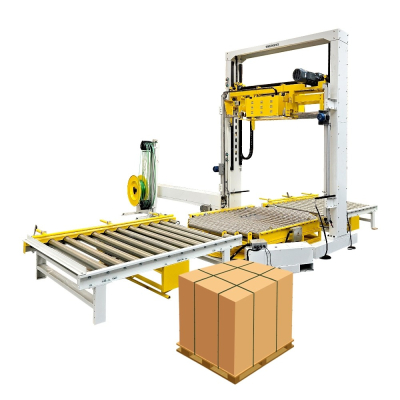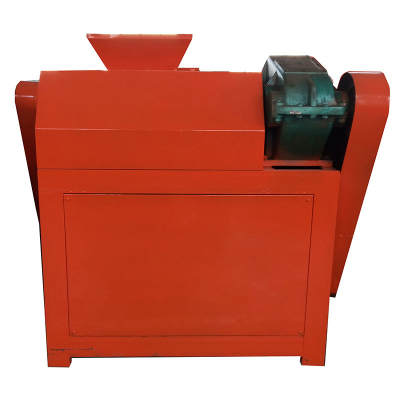Operation and maintenance of organic fertilizer production equipment
The operation and maintenance of organic fertilizer production equipment is a key link to ensure the efficient and stable operation of the production line. Reasonable maintenance and care can not only improve the reliability and service life of the equipment, but also reduce the failure rate and maintenance costs, thereby improving the overall production efficiency. The following will elaborate on the operation and maintenance strategy of organic fertilizer production equipment.
1. Basic principles of equipment maintenance
Prevention first: Through regular inspections and preventive maintenance, potential problems can be discovered and solved in time to avoid equipment failures.
Comprehensive coverage: Comprehensive inspection and maintenance of all parts of the equipment, including electrical systems, mechanical transmission systems, hydraulic systems, etc.
Standard operation: Strictly follow the equipment operation manual and maintenance procedures to avoid equipment damage caused by improper operation.
Detailed records: Establish a complete equipment maintenance record, and record the details of each maintenance and inspection to facilitate subsequent analysis and improvement.
2. Specific maintenance measures
1. Cleaning and disinfection
Regular cleaning: The surface of the equipment should be cleaned regularly to remove dirt, foreign matter and corrosive substances, and keep the equipment clean and hygienic. At the same time, the inside of the equipment should also be cleaned regularly to remove residual materials and microorganisms to prevent bacterial growth.
Disinfection: Parts that come into contact with materials should be disinfected regularly to ensure the hygiene and safety of the product.
2. Lubrication and tightening
Gear lubrication: Transmission parts such as gears and worm gears should be lubricated with special grease, and lubricating oil should be added regularly to ensure smooth transmission and reduce wear.
Fastener inspection: Regularly check the fasteners on the equipment, such as bolts, nuts, etc., to ensure that they are reliably fastened to prevent loosening and equipment failure.
3. Electrical system inspection
Electrical performance testing: Regularly test the electrical system, including power supply voltage, power plugs and sockets, connection plugs and sockets, etc., to ensure the normal operation of the electrical system.
Safety protection: Check whether the safety protection devices of the electrical system are intact, such as grounding protection, overload protection, etc., to ensure the safety of operators and equipment.
4. Monitoring and adjustment
Temperature monitoring: For equipment that requires specific temperature conditions, such as rapid fermentation equipment, the temperature of the fermentation pile should be monitored in real time and adjusted as needed to prevent excessive temperature from causing equipment damage or explosion.
Oxygen concentration monitoring: During the fermentation process, the oxygen concentration in the equipment should be monitored to ensure that it is within a reasonable range to prevent spontaneous combustion or explosion.
Humidity control: Control the humidity of the fermentation pile within a reasonable range to prevent excessive humidity from causing odor and bacterial growth.
5. Replacement of wearing parts
Regular replacement: For wearing parts and aging parts, such as transmission belts, seals, bearings, etc., they should be replaced regularly to ensure the performance and stability of the equipment.
Spare parts management: Establish a complete spare parts management system to ensure the timely supply of key spare parts and reduce downtime caused by insufficient spare parts.
6. Overhaul and transformation
Periodic overhaul: Perform periodic overhaul and shutdown inspections on equipment, update obsolete technology and aging parts, and improve the competitiveness and production efficiency of equipment.
Modernization: Modernize equipment according to production needs and technological development to improve the automation level and intelligence of equipment.
III. Safety training and management
Safety training: Train operators on equipment safety operating procedures and emergency measures to ensure that operators can master equipment operating skills and the ability to respond to emergencies.
Safety management: Establish a sound safety management system, strengthen equipment safety management, and prevent man-made damage and equipment accidents.
IV. Summary
The operation and maintenance of production equipment in organic fertilizer plants is a systematic and complex task that requires comprehensive consideration of all aspects of the equipment. Through measures such as regular cleaning, lubrication, tightening, electrical system inspection, monitoring and adjustment, replacement of wearing parts, overhaul and transformation, and safety training and management, the efficient and stable operation of the equipment can be ensured, production efficiency can be improved, and the failure rate and maintenance cost can be reduced. At the same time, strengthening the safety management of equipment is also an important measure to ensure production safety and personnel safety.





